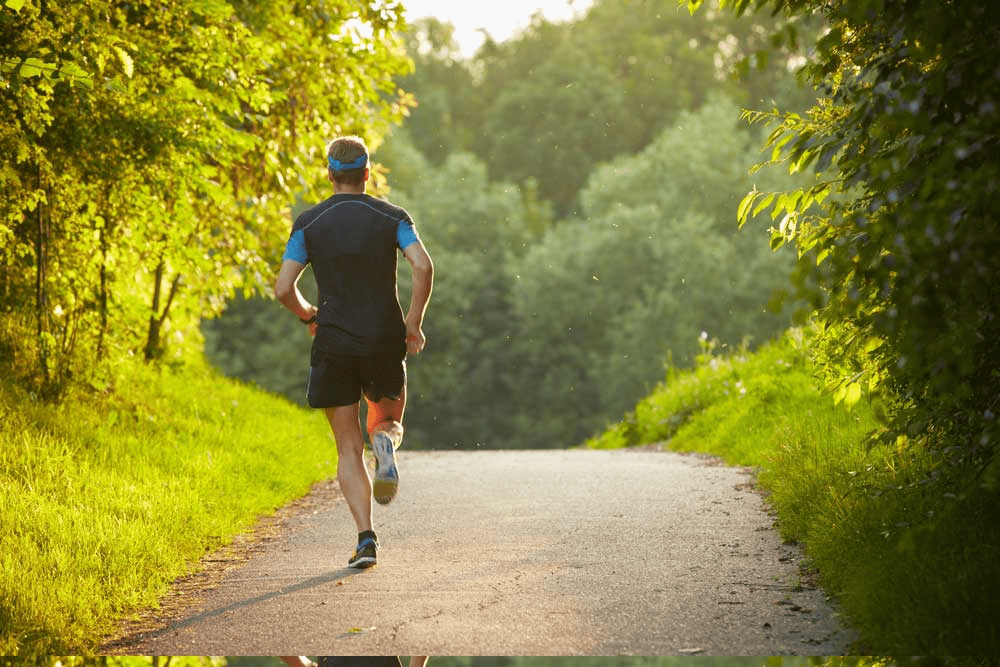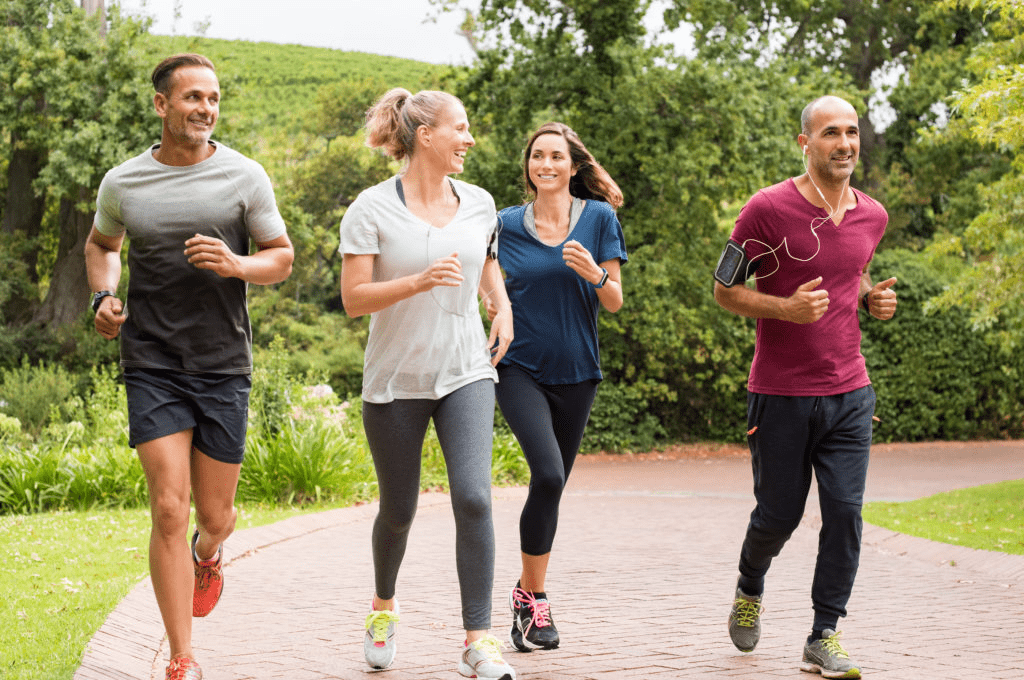5k Health & Injuries
5k Health & Injuries
There is no doubt about it, once you have a few weeks of your 5k training program under your belt you will be feeling so much better. You may start to see weight loss, you will certainly feel more toned as your waist gets trimmer, your legs feel stronger and those areas of excess weight have started to disappear. In yourself, you will feel healthier as well. Your self-confidence will be higher as people comment on how well you are looking, you will have more energy to cope with all the day throws at you and you will feel generally better about yourself.
But there will be days when this is not the case. You are pushing your body to limits it has probably never been before; certainly not since you were a child running around the playground. It is inevitable that you will feel niggles, strains and muscle soreness, and there will be times when you feel positively exhausted. These are moments when you need to make sure you are treating your body with the care it deserves. To remain healthy and avoid injuries, this means eating correctly, treating yourself to a regular sports massage and ensuring you stretch and cool down to help your muscles recover.


You are what you eat
You probably embarked on the running program to lose weight, among other targets. This means in all likelihood you are increasing your exercise levels but reducing the amount of calories you consume. It is really important that the food you eat will support your active lifestyle: this means plenty of foods that are rich in vitamins, particularly iron and vitamin C, and food that will provide you with slow-releasing energy, such as pasta, rice and potatoes.
A visit to a running forum will unearth a wealth of diets suitable for runners and you will be able to choose a nutrition plan that best suits your needs.
Complement your program
Now you are turning your body from a sedentary sedan to a high performance model, you need to give some care to the bodywork. Just as you would lovingly oil and polish your high performance car, so your muscles need the same treatment after a run. A monthly visit to a sports masseur will help flush the toxins from your muscles and leave your limbs feeling springy and refreshed. Again, the running community is a great place to find recommended sports masseurs.

Stretching and cooling
The C25K program will advise you to cool down and stretch after each of your weekly sessions. You may well be tempted to skip this bit, but you will pay for it if you do. When you are walking, jogging or running at a higher intensity than usual, your muscles produce lactic acid. This can build up and cause you pain (cramp). To flush this acid and any other toxins through your system, you need to stretch your muscles. You would normally do this shortly after you finish your session, spending 10-15 seconds on each of the major muscle groups, but it is really beneficial to put some time aside when you can do all the stretching for a little longer. This will really help you develop your flexibility. Maybe once a week you could spend 30 minutes in front of the television holding each stretch for up to a minute.
The important thing to remember is that if you are ill or injured at any point during your C25K program and have to miss a session, or even a week of training, for any reason, it is not the end of the world. You will not lose the fitness you have worked so hard to build up and you will not put weight back on. Sometimes it is your body’s way of telling you that you need a rest.
Here are some useful points for your health and injury management
- Listen to your body. If you feel ill, don’t go running. You will only make it worse.
- If you feel tired and you have a tough training session coming up, swap it for an easier one.
- If you feel a niggling injury, don’t run until it is better. It is impossible to ‘run off’ an injury.
- If you have a cough or cold that has gone to your chest, definitely do not train. The rule for coughs and colds is: above the neck is okay to train; below the neck then stop as you may develop more serious respiratory illnesses.
- For long term illness or an injury that will not go away, seek professional help.
The good news is people who run regularly are generally much healthier than their sedentary counterparts.



